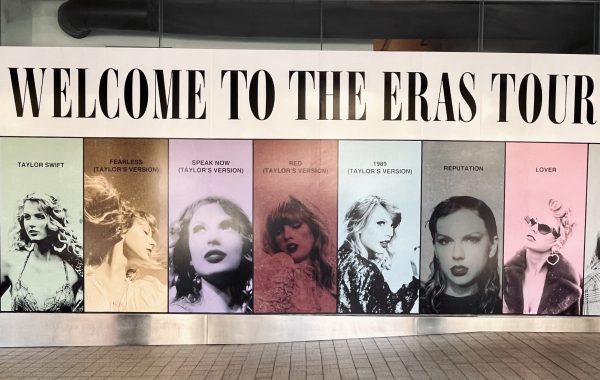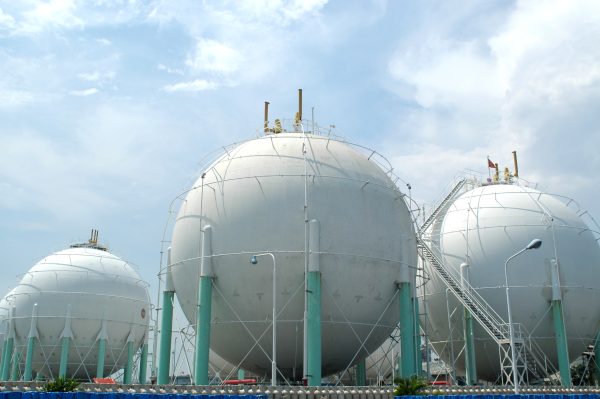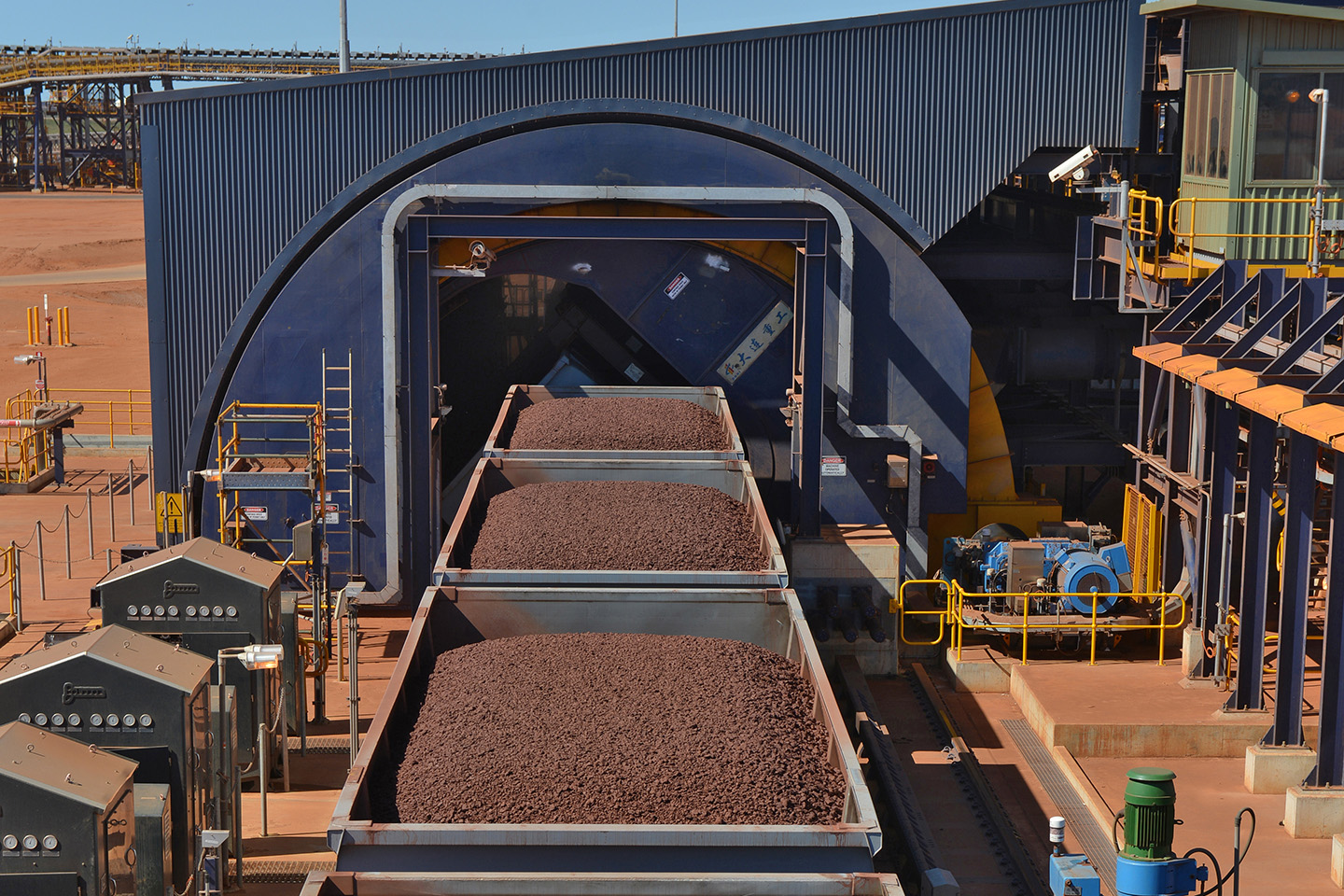A Philippine lawmaker has called on the country’s Department of Foreign Affairs (DFA) to seek answers from the Singaporean government about an alleged exclusivity agreement with the promoter of pop star Taylor Swift.
Swift arrived in Singapore on Tuesday and is slated to play six sold-out shows at the 55,000-seat National Stadium in Singapore from March 2-9. But this will be the only stop that her Eras tour makes in Southeast Asia, forcing fans to fly to Singapore from across the region in order to get a glimpse of the 34-year-old musician.
In a statement yesterday, Joey Salceda, a representative from Albay in southern Luzon who chairs the Philippine House committee on ways and means, said that the DFA should demand clarification on rumors that the Singapore Tourism Board (STB) offered grants to AEG Present, Swift’s promoter, with a provision that AEG not stage concerts in other Southeast Asian countries.
Such a practice, Salceda said, is not “what good neighbors do,” and questioned whether it was within the spirit of the Association of Southeast Asian Nations (ASEAN).
“I don’t think we should just let things like this pass,” he added. “We should still officially register our opposition. It also runs contrary to the principle of consensus-based relations and solidarity on which the ASEAN was founded.”
Swift’s Southeast Asian fans were disappointed when it was announced last year that she would only play in Singapore. This was felt particularly strongly in Thailand, perhaps the most likely alternative destination, where Swift canceled a concert in June 2014, the month after the military seized power in a coup. (She did not offer an official reason for the cancellation.)
Indeed, the rumor of an exclusivity arrangement between the STB and AEG originated with Thailand’s Prime Minister Srettha Thavisin, who said earlier this month that Singapore had sought a deal with Taylor Swift to prevent her from playing elsewhere in Southeast Asia.
Speaking at a business forum in Bangkok on February 16, Srettha claimed that AEG had informed him that the Singaporean government offered $2 million-$3 million per show on the condition that Singapore remains the only regional stop on Swift’s tour.
AEG “didn’t tell me the exact figure but they said the Singapore government offers subsidies of between $2m and $3m,” Srettha said, The Guardian reported. “But the Singaporean government is clever. They told [organizers] not to hold any other shows in [Southeast] Asia.”
“If I had known this, I would have brought the shows to Thailand,” he added. “Concerts can generate added value for the economy.”
While the Singaporean exclusivity arrangement has not yet been confirmed, it is certainly within the realms of the feasible. Much has been written about the Taylor Swift Effect – the economic stimulus created by Swift’s globe-conquering Eras tour, which set an all-time touring record in December, with box office revenues exceeding $1 billion. According to one estimate, the 151-show Eras tour delivered a $5.7 billion boost to the U.S. economy, while Swift’s seven-concert run in Melbourne and Sydney is believed to have injected more than $140 million into the cities’ economies.
“The economic impact Swift creates is staggering,” one American observer noted last July, “as fans travel from far and wide to attend her concerts, filling hotels, restaurants, and local attractions. Swift’s influence on tourism is a testament to her ability to captivate audiences and drive economic growth.”
In his statement yesterday, Salceda claimed that the alleged exclusivity arrangement allowed Singapore to claim the majority of the economic benefits, which he estimated at around $60 million. “But it was at the expense of neighboring countries, which could not attract their own foreign concertgoers, and whose fans had to go to Singapore,” he said.




















Discussion about this post